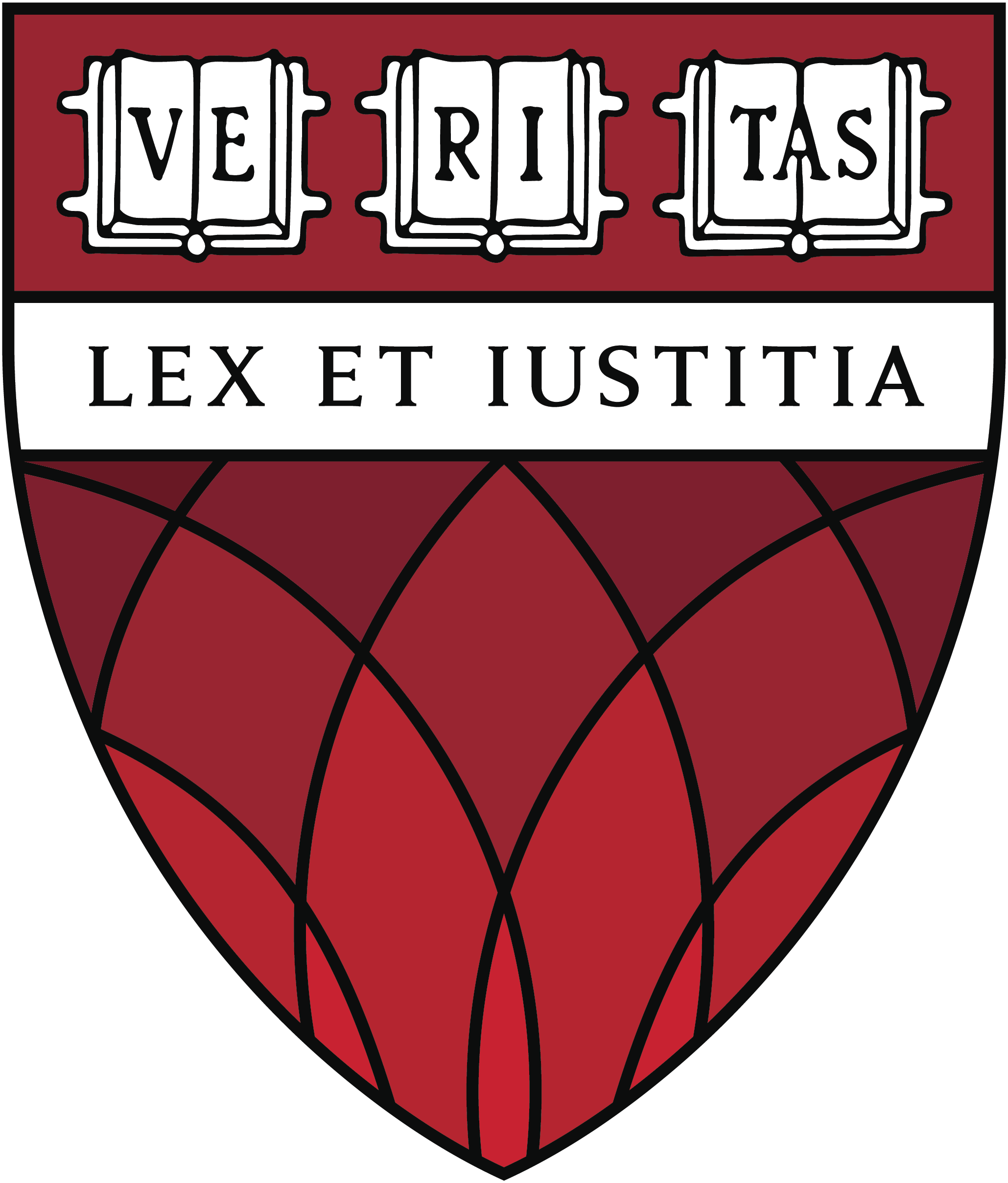Protect Your Family. Property. Business. Legacy. Wealth. Health. Wisdom.




Welcome! You are on the right path forward.
Thank you for taking this step in planning for your family’s future.
The pain of experiencing an unexpected loss in my family is why I decided to start my law firm, Wealth Law. I find peace through preparation. It is our responsibility to be ready and I am here to guide you to protect your family from the unexpected.
I graduated from Harvard Law School. I completed my undergraduate at UCLA (Go Bruins!). My lifelong passions are marathon running, my family and friends, reading philosophy and writing stories. I was born and raised in California.
Our health, family and wisdom are our real wealth. We must protect them in order to write the best legacy we can. I am here to help you do it.
Sincerely,
Shant
Estate Planning 101
Anyone who wants to control what happens to their assets, health decisions, and legacy should have an estate plan—regardless of age, income, or wealth.
In California, estate planning is especially valuable for:
Parents with minor children, who need to designate legal guardians and protect their children from court-appointed guardianship.
Homeowners, because California real estate outside of a trust can trigger probate and increase in property taxes.
Blended families, to prevent unintended disinheritance of children and future family disputes.
Unmarried partners, who don’t have automatic legal rights without proper planning.
Business owners, to ensure continuity and proper succession of their company.
Without an estate plan, California’s probate laws and legal system decides who inherits your assets—and it may not align with your wishes. With an estate plan, you do.
Without an estate plan, your assets will likely go through California’s probate court—a costly, time-consuming public court process that can take months or even years to resolve.
A comprehensive estate plan puts you in control. It allows you to:
Avoid probate through a properly funded living trust, keeping your affairs private and out of court.
Appoint guardians for your minor children to ensure they’re raised by people you trust.
Plan for incapacity, by naming agents to manage your finances and healthcare if you’re unable to do so.
Minimize family conflict, by providing clear instructions and preventing disputes over your assets or care.
- Find peace of mind knowing that your family will be taken care of if anything happens to you.
In short, an estate plan protects your loved ones, preserves your legacy, and makes sure your wishes are honored.
Probate costs vary based on several factors, including the value of your estate and whether or not there are any legal disputes that may extend the timeline.
Here is the formula to calculate the amount you will need to pay attorneys and executors in probate cases (2x amounts below), based on the gross value of your estate:
- 4% of the first $100,000
- 3% of the next $100,000
- 2% of the next $800,000
- 1% of the next $9 million
- 0.5% of the next $15 million
- A reasonable amount for estates valued over $25 million, as determined by the court.
You can input your estate value into our probate calculator to calculate how much probate will cost your family.
The truth is, the cheapest estate plan—doing nothing—often becomes the most expensive. Probate in California can easily cost thousands in legal fees, take 1–2 years to resolve, and leave your family tied up in court with little control.
The cost of an estate plan varies depending on your goals, family structure, and the complexity of your assets. A well-designed plan may cost more upfront, but it protects your loved ones from:
Probate court and its high statutory fees
Unintended tax consequences
Delays in distributing assets
Family conflict and legal disputes
If you’re price shopping for the cheapest option, you risk buying a generic plan that fails when it matters most. A quality plan isn’t just paperwork—it’s a system to safeguard everything you’ve worked for.
Probate in California typically takes 9 to 18 months—and sometimes longer. The timeline depends on the size and complexity of the estate, whether there are disputes, and how quickly the court system moves.
Here’s what slows things down:
Court backlogs, especially in counties like Los Angeles, Orange, and San Diego which have higher caseloads and more complex estates
Valuing and liquidating assets, which can require formal appraisals and court approvals
Resolving disputes between beneficiaries or challenges from creditors and disinherited family members
And while the estate is tied up in court, your loved ones may not have access to funds they need during a critical time.
This is why many Californians use a revocable living trust—to bypass probate entirely and allow assets to transfer privately, quickly, and efficiently.
Your estate plan isn’t a one-and-done document—it should evolve as your life does. You need to maintain it. A good rule of thumb: review your plan every 3 to 5 years or immediately after any major life event to ensure it still reflects your wishes, protects your loved ones, and avoids unintended consequences.
Here are key events that should trigger an update:
Marriage or Divorce
Update beneficiaries, powers of attorney, and healthcare directives. Remove former spouses if needed.Birth or Adoption of a Child
Add children or grandchildren to your trust, and name legal guardians for minors.Death or Incapacity of a Key Person
Replace a deceased or incapacitated trustee, beneficiary, guardian, or agent.Major Changes in Assets
Buying or selling real estate, receiving an inheritance, or starting a business may require updates to your trust or funding strategy.Legal or Tax Law Changes
California or federal law shifts can impact your plan’s effectiveness, especially for taxes or property transfers.- Moving to a new state or country
If you move to a new state, it is a good idea to review and reset the estate plan based on the laws of the state and issues this may present your family.
Failing to update your plan can expose your family to probate, tax burdens, delays, and outcomes you never intended. Keeping it current is how you maintain control.
